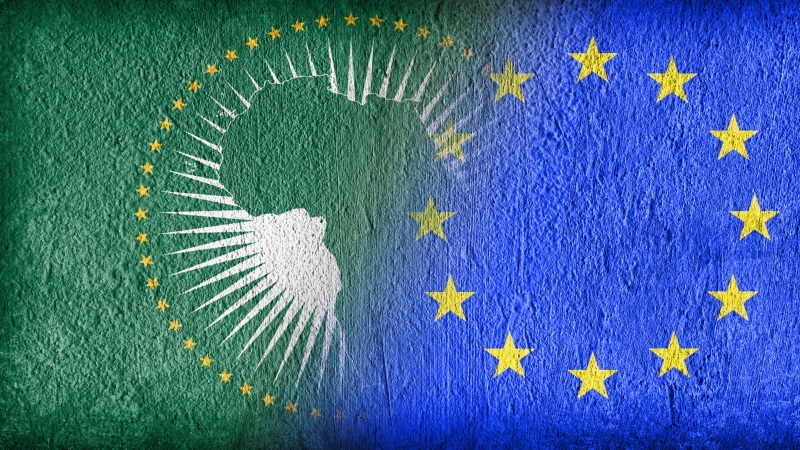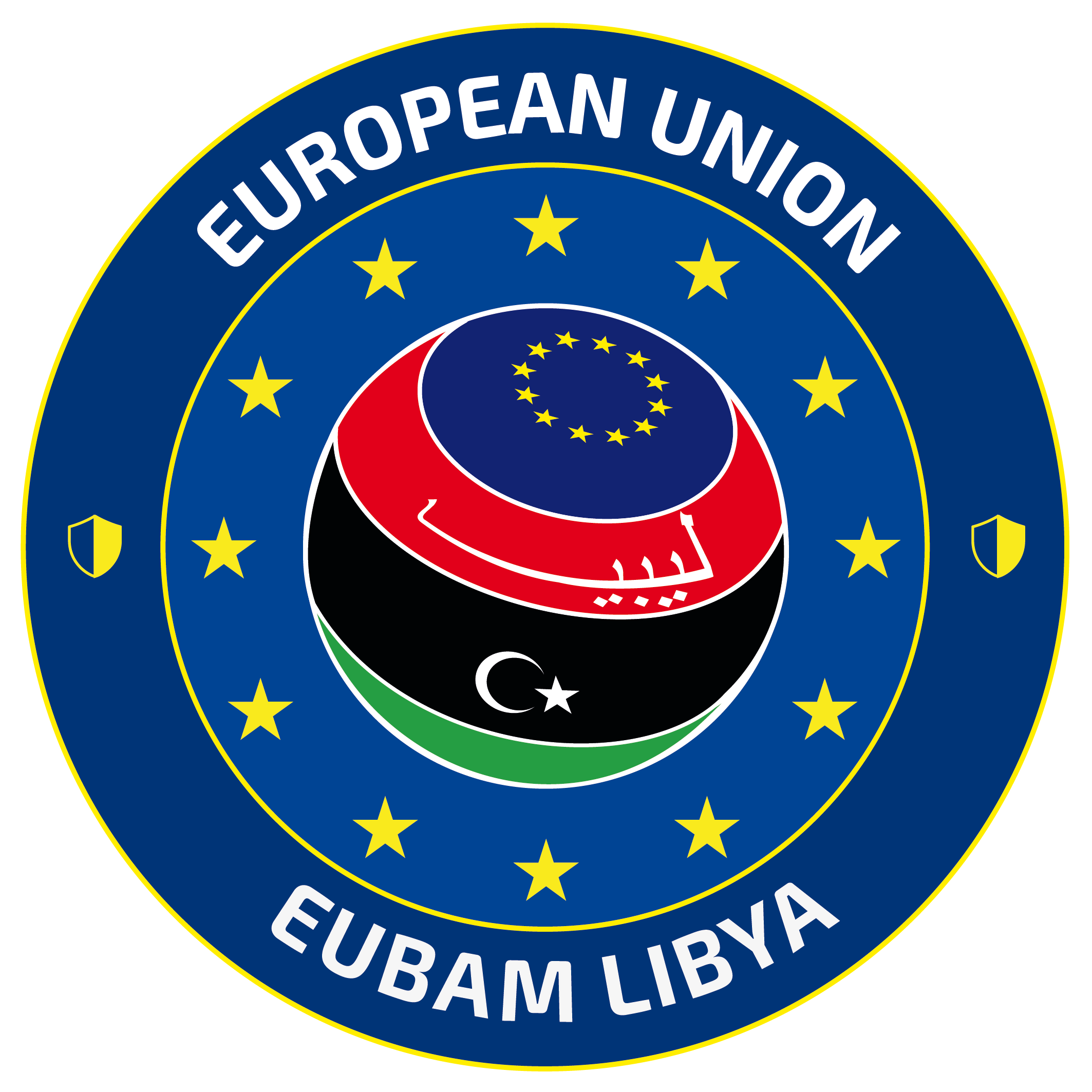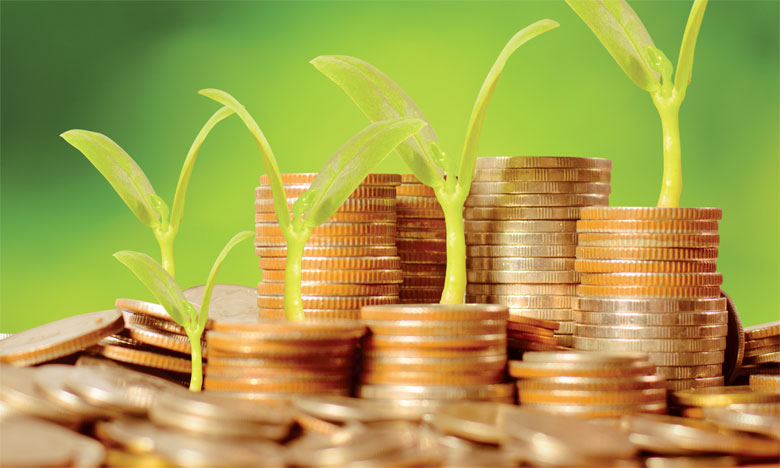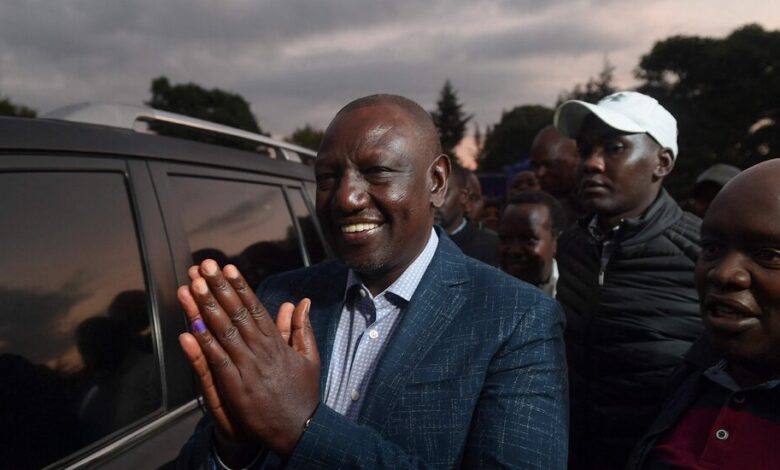Rwandan prime minister this week held a meeting with the European Union delegation to discuss various areas of partnership to boost trade and investments, while NGOs are pushing Kenya to rescind the recent agreement with the EU to implement the Economic Partnership Agreement (EPA) between them.
Following the meeting with Rwandan PM Edouard Ngirente, one of the members of the EU delegation, Koen Doens, Director General of International Partnerships, noted that Rwanda is a very interesting place to invest for the EU investors, since the country “has a strong health agenda and aims to attract EU investors interested in value addition.” Manasseh Nshuti from Rwanda’s Ministry of Foreign Affairs noted that his country has enormous potential for exporting various commodities to the EU, whereby both sides acknowledged the need to shift from exporting raw materials for minerals to exporting finished products.
Meanwhile, Eastern and Southern African trade promotion organizations are pushing for the rescinding by Kenya of the recent agreement with the EU to implement the EPA between them, warning the deal poses “imminent danger” to the integration of East Africa and the continent as a whole, as well as the ongoing trade initiatives like African Continental Free Trade Area (AfCFTA).
The Kenya-European Union EPA is said to aim to liberalize trade, offering tariff-free quota-free access to the huge EU market. While the other countries can still trade under the “Everything But Arms” trade initiative which the EU offered low developed countries, Kenya would have no trade favors left because it had attained the middle income status. In 2016, Kenya signed and ratified the trade deal, which was to lead to a partial and gradual opening of their markets to imports from the EU, while Rwanda also signed in the same year but did not ratify the deal.



